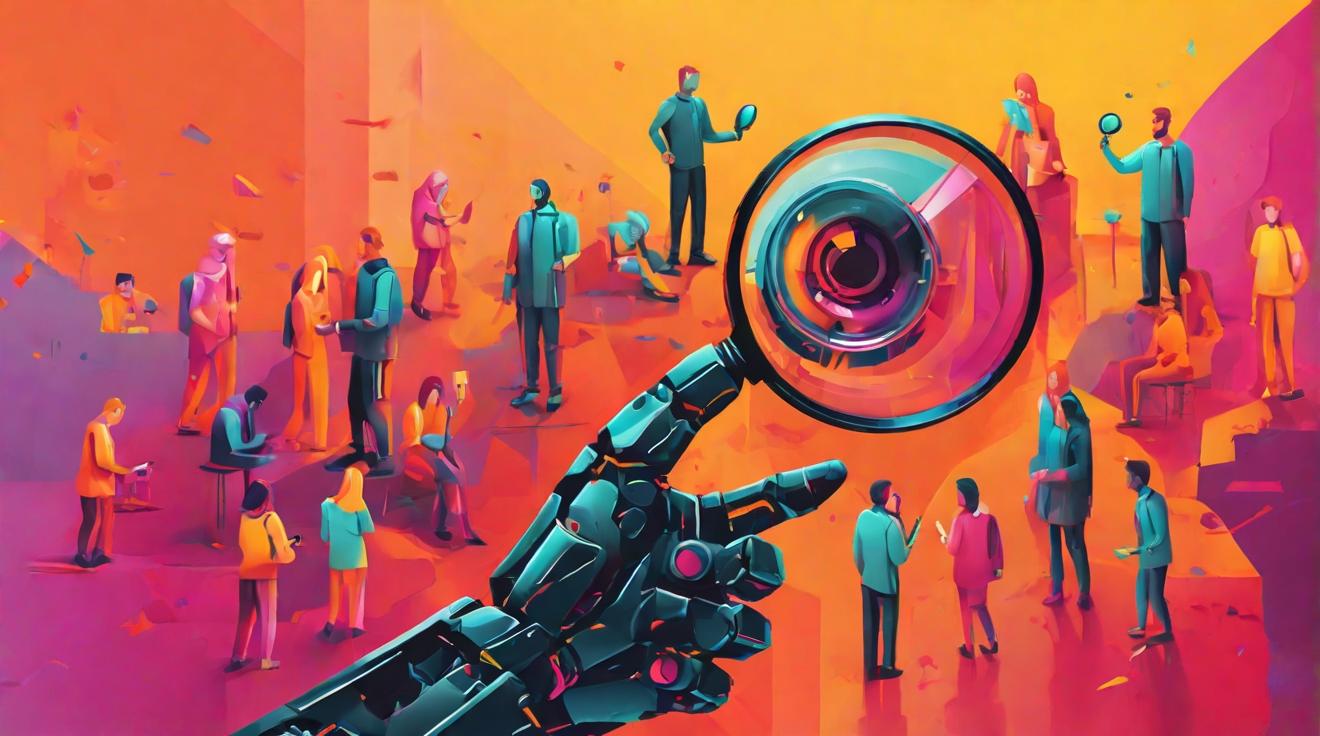Artificial Intelligence: An Extinction-Level Threat?
In a groundbreaking report commissioned by the U.S. State Department, the burgeoning field of artificial intelligence (AI) is identified as an "extinction-level threat to the human species." With a consensus forming among leading thinkers, there is a palpable concern that the advent of extremely advanced AI could precede anticipated timelines, potentially spelling catastrophe for humanity.
This apprehension is juxtaposed with the recent unveiling by NVIDIA, a titan in the AI industry, of its latest AI hardware. Promising to operate at speeds five times faster than its predecessors, this development signifies a monumental leap in AI capabilities. While the advancements in AI are often lauded for their unprecedented benefits — from revolutionizing healthcare with drug discovery to enhancing disaster preparedness through accurate simulations — a growing chorus of eminent voices is sounding the alarm on the pace at which AI is evolving.
A telling indicator of the unease permeating the corporate echelons came to light at the Yale University Summit last summer, where 42 percent of surveyed CEOs revealed their belief that AI could potentially "destroy humanity" within the next decade.
Eliezer Yudkowsky, a renowned AI theorist and researcher, ominously remarked at a TED Talk: "An actually smarter and uncaring entity could devise strategies and technologies that could end human existence swiftly and assuredly."
Despite these dire warnings, the United States currently lacks comprehensive legislation regulating the development and deployment of AI. However, steps toward implementing protective measures are underway. The Biden Administration recently announced initiatives requiring federal agencies to designate a Chief Artificial Intelligence Officer. These agencies are also tasked with annually reporting on their AI usage, identifying potential perils associated with these technologies.
Compounding these concerns is the U.S. State Department's warning of the potential for "high-impact cyberattacks" orchestrated via AI, capable of incapacitating crucial national infrastructure. The conjuncture of rapid AI advancement and the specter of malign AI applications underscores the urgency for a balanced approach to fostering innovation while safeguarding against existential risks to humanity. The discourse surrounding AI, teeming with both promise and peril, has indeed reached a critical juncture, beckoning for prudent stewardship in the age of intelligent machines.
Analyst comment
Negative news: The report commissioned by the U.S. State Department identifies AI as an “extinction-level threat to the human species.” Concerns about the rapid advancement of AI are growing, with prominent figures warning of the potential for AI to destroy humanity. The lack of comprehensive legislation regulating AI development and deployment is also a cause for concern.
Market analysis: The market for AI technology is likely to face increased scrutiny and regulation in the near future. As governments and regulatory bodies seek to address the potential risks associated with AI, companies in the industry may face stricter guidelines and compliance requirements. This could impact the pace of innovation and the adoption of AI technologies.













